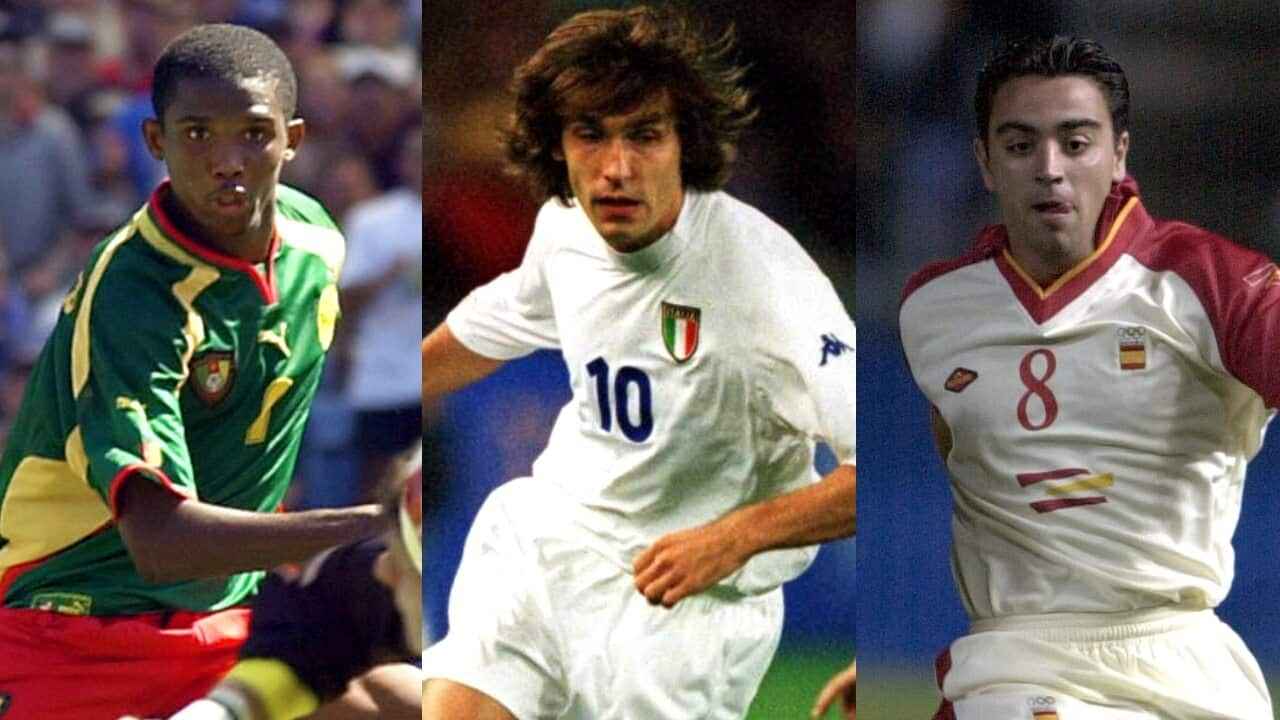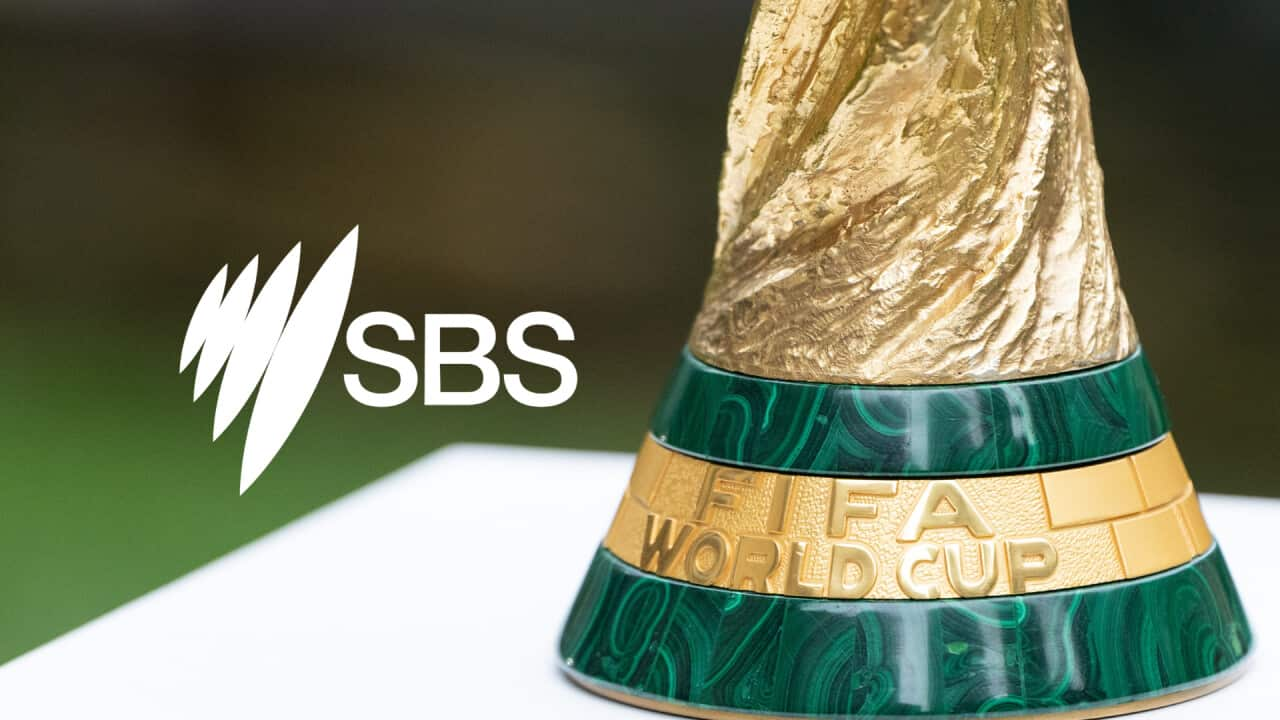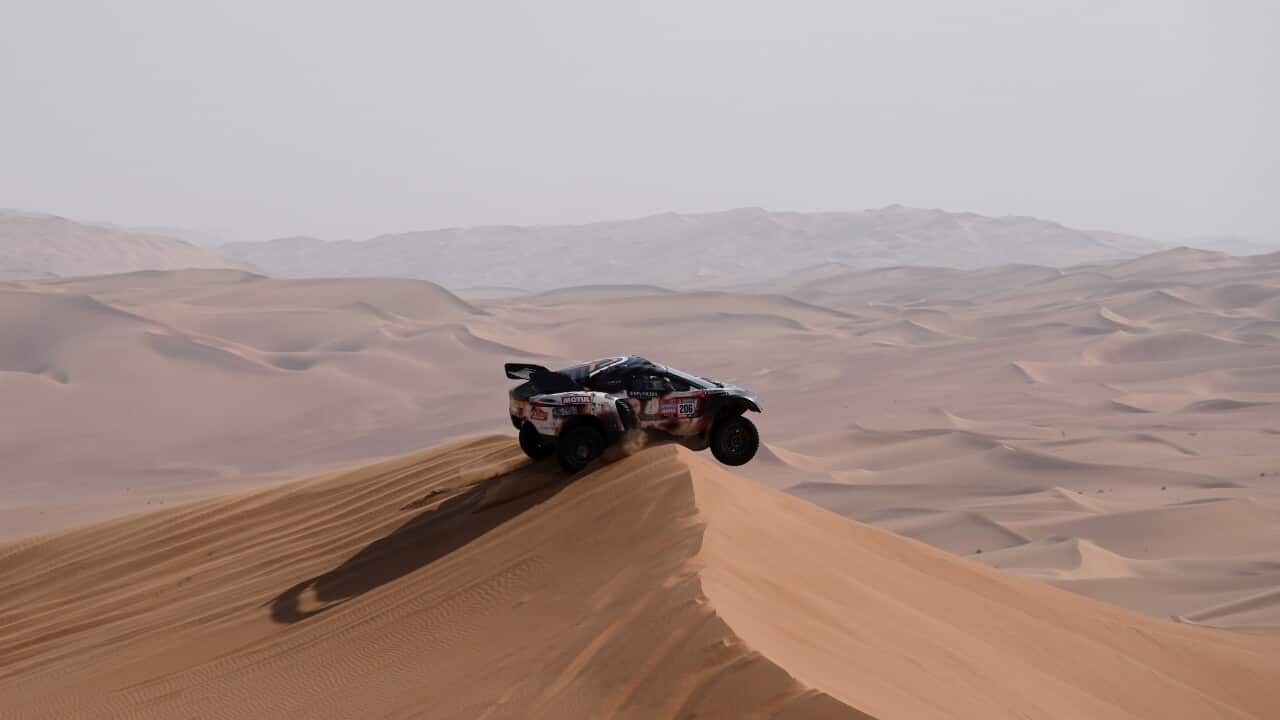It’s going to be a festival of Eric the Eel, The Dream, Akubras, Thorpey, smiling volunteers and, of course, Cathy Freeman. But I’d humbly suggest they’ve completely forgotten about the football.
The Games officially began with a crack of the horseman’s whip at the Opening Ceremony on September 15. But two days earlier, Sydney’s Games really began – in Melbourne and Canberra, where the football tournament kicked off.
I remember it well, for as a football-mad teenager who’d been starved of access to the sport’s elite – the Internet and cable TV was very much in its infancy – I was acutely aware that this was as close to a World Cup as one could hope for in Australia.
And coming so soon after the heartbreak of losing to Iran in 1997, and the pain of losing the under-17 final on penalties to Brazil in 1999, this tournament offered hope of redemption.
The Olyroos were drawn against Italy in the opening match at a sold-out MCG, the entire nation willing them on.
I distinctly remember how little separated the two sides, at least until Andrea Pirlo saw his effort bobble over the line in the 81st minute.
Football had one shot at getting the nation to come along for the ride during the Olympics and, once again, we blew it.
That night would have haunted us much more had we not been so distracted by the sheer joy of the larger event. Staged 48 hours later, that remarkable Opening Ceremony lifted us all, even despondent football fans.
But the Olyroos would underwhelm thereafter. Having finished fourth in 1992, and performed so well in 1996, hopes were high given coach Raul Blanco had an excellent squad to work with, capped by Mark Viduka’s presence as over-age star.
As much as Brett Emerton’s searing runs won acclaim, without Harry Kewell (then recovering from injury, but really the victim of a never-ending tug-of-war with Leeds United) Viduka lacked someone else to share the attacking burden.
The Olyroos lost all three matches, finishing with an awful 3-2 defeat to Honduras.
The Matildas didn’t fare much better. They played in front of some massive crowds – never less than 24,800 – but struggled with their opponents and the occasion.
Despite grabbing a point against Sweden in Sydney, they were well outclassed first-up against Germany, a night veteran goalkeeper Tracey Wheeler would rather forget.
While the women's tournament was an all-age affair, making it a smaller, eight-team replica of the 1999 World Cup the year before (albeit with the USA finishing second this time, to Norway), the men's event was 16 teams of under-23 players plus three optional over-age players.
It is often suggested that the Olympics is a preview of future World Cups and that is exactly what this proved to be.
These were some of the names who played in the tournament and would go on to dominate the sport for the next decade:
Ronaldinho, Xavi, Andrea Pirlo, Samuel Eto'o, Carles Puyol, Park Ji-sung, Gennaro Gattuso, Yakubu, Milan Baroš, Lauren, Gianluca Zambrotta, Massimo Ambrosini, Hidetoshi Nakata, Shunsuke Nakamura, Delron Buckley, Naohiro Takahara, Benni McCarthy, David Pizarro, Carlos Marchena, Edu, Geovanni, Alex, Raúl Tamudo, Lee Dong-Gook, Marek Jankulovski, Brad Friedel, David Suazo, Pablo Contreras, Joan Capdevila, Geremi and Landon Donovan.
Despite still playing in Brazil, Ronaldinho was already considered the headline talent, having broken into the national team in 1999 and dominated the 1997 U-17 World Championship. He’d also dazzled Australian fans on his visit the previous year.
Brazil were tipped to shine in Brisbane but lost their second match 3-1 against South Africa, a time when Bafana Bafana were a seriously good football nation.
It seemed to take away the samba sparkle and they crashed out in the quarter-finals against Cameroon. A portent of things to come.
A star-studded Spain were the tournament favourites. Xavi and Carlos Puyol were well hyped, having already won their way in the starting side at Barcelona. Little did we know how good they’d become.
The local press was probably more fixated on José Mari and his A$31 million move to AC Milan, made in January that year. If it seems a lot of money now, it was positively crazy back then.
Valencia was considered one of the most exciting teams in world football at the time and having two key players – David Albelda and Miguel Ángel Angulo – come to Australia was tremendously exciting. Angulo was among La Liga’s very best at the time and both ultimately became 300-game club legends.
I had the pleasure of seeing them all at the MCG against Chile in what was billed as the biggest non-Australian match of the group stages.
The Chileans, buoyed an insanely passionate group of fans, who transformed the ‘G with their passion and noise, overran Spain’s passing game in front of 58,061. The reception received by Ivan Zamorano, then 34 but whose skill set up two goals, was spine-tingling. He scored six goals in that tournament to win the Golden Boot.
Yet Chile’s run would be ended by Cameroon in the semi-finals, too. The giant-killing Africans barely escaped the tournament’s weakest group, doing so only because they sunk lowly Kuwait 3-2 in their opening match. They couldn’t hold leads against USA or the Czech Republic.
But they did have the belief that if they made the knockout stages, anything was possible. After all, Nigeria had become the first African team to win gold four years earlier. The Indomitable Lions lived up to their nickname, growing stronger as the tournament went on, culminating in an extraordinary final.
I’m prepared to nominate the 2000 gold medal match as the greatest game ever played in this country. Played in front of 104,098, this marked the largest crowd to ever attend a football match in Australia, a figure that will probably never be broken.
Rank outsiders going into the game, Cameroon were thought of as lucky just to be there. This was meant to be the Spanish coronation for their golden generation.
It began perfectly: Xavi netting a superb free-kick after just 75 seconds and two minutes later, Jose Mari won Spain a penalty.
While Cameroon’s 16-year old goalkeeper Carlos Kameni saved Angulo's effort, Spain quickly recovered and went 2-0 up on half-time through Gabri, their path to gold seemingly unstoppable.
But Australians love an underdog – and they began roaring for the Cameroonians. Out of nowhere, inspired by the duo of Eto’o and over-age star Patrick M’Boma, the Africans scored twice and managed to force extra time.
The Spaniards dramatically lost their cool as momentum swung against them. Gabri was sent off for a shocking tackle in the 70th minute and Jose Mari sensationally sent off for feigning injury at the end of regulation time.
The drama was endless; the relentless heat ensured players were pushed to their limits, capped by Eto'o seemingly scoring a golden goal winner in the last minute of extra time. Wrongfully, it was disallowed.
Justice was served in the penalty shootout when Spain’s Iván Amaya hit the post, allowing Pierre Wome to step up and hit the winning penalty.
That sparked wildly jubilant scenes on the pitch and in the stands, even among the locals and other athletes who came to watch. The ending was as unexpected as it was euphoric.
So much football was played during those two weeks that it’s hard to document it all in a single story. 48 matches in 15 days across six venues, all whilst the rest of the Olympics continued to dominate our screens.
Yet it deserves to be remembered as a magical tournament. I certainly recall it with great fondness, as do the many who got to see an array of divine talent live for the very first time.
A vast majority of matches never made it on to the domestic TV feed, meaning many games were reduced to late night highlights or bare snippets.
If only we’d been able to see more of these incredible matches, we might remember the football tournament as so much more than a sideshow to the main event.
It was said by Juan Antonio Samaranch that Sydney 2000 was the best Olympics ever. I'd like to think we had the best Olympic football tournament, too.










